Since I was young, the American Dipper has been one of my favorite birds. Visually they are not blessed with bright coloration, but their unique and remarkable behaviors and life history more than make up for it! There are five species of dippers worldwide- the American Dipper which lives in Rocky Mountains from Mexico to Alaska, the white-capped and rufous-throated dipper which are found in South America, and the white-throated and brown dipper of Eurasia.

Found mainly along freshwaters streams and rivers, dippers feed on insects, crustaceans, small fish, and I have often observed them diving for salmon eggs which drift away from spawning beds in Alaska. Unlike other shorebirds which feed on similar prey, dippers often plunge into the water, and walk along the bottom by gripping rocks on the bottom. They possess large preen glands which produce a waterproofing oil to keep them warm and dry. I remember seeing a dipper diving in and out of a fast flowing stream in the Copper Basin of Alaska in February at -25 Fahrenheit! They also have a denser bone structure than other birds to help them limit their buoyancy and strong, short wings which are used to swim. The eyes of dippers have specialized muscles which adjust the curvature of their eyes to help them see underwater and their noses possess a special flap to keep water from entering their nostrils! These highly specialized birds also have high hemoglobin concentrations so they are able to remain underwater for up to 30 seconds. These are certainly very unique birds!
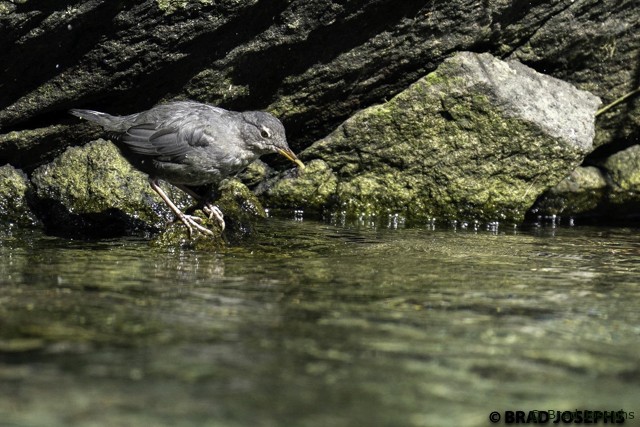
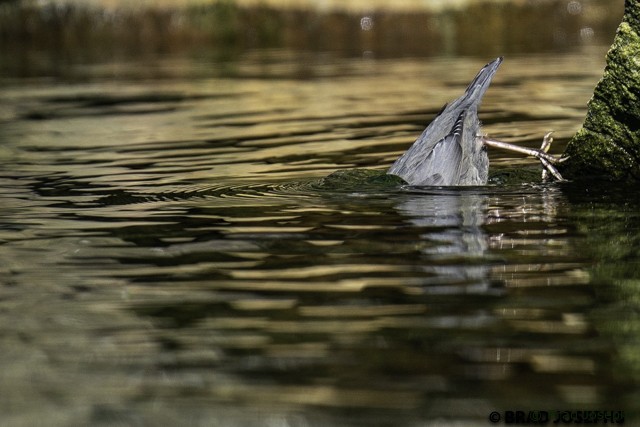
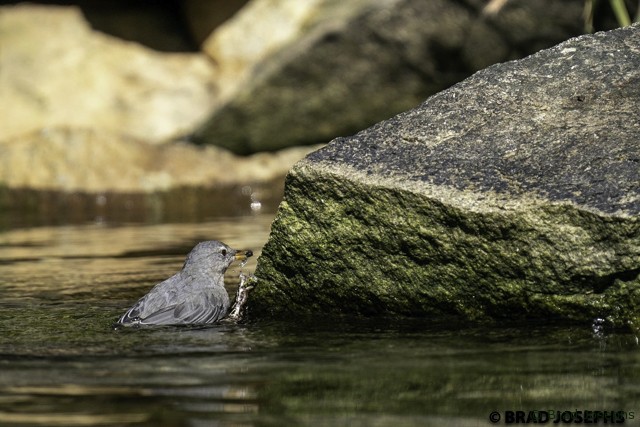
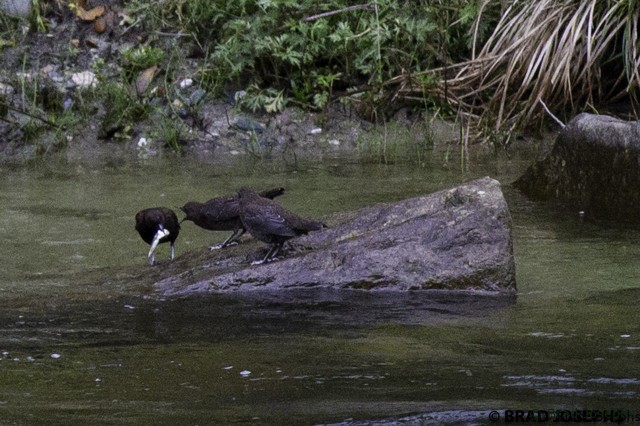
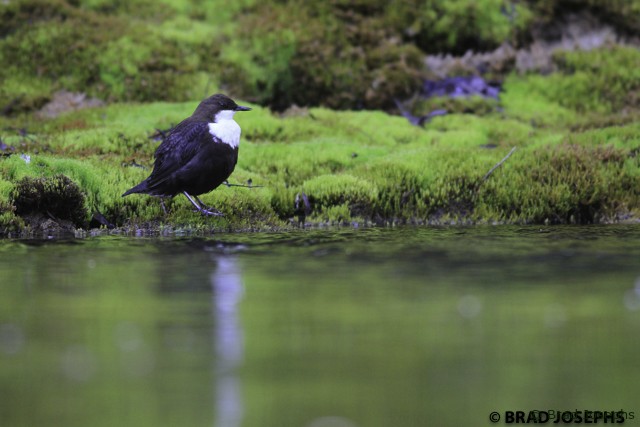
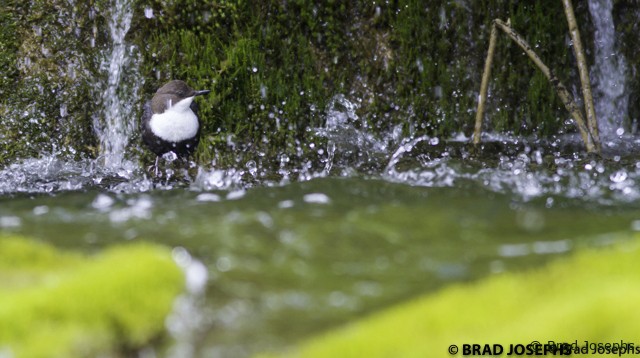
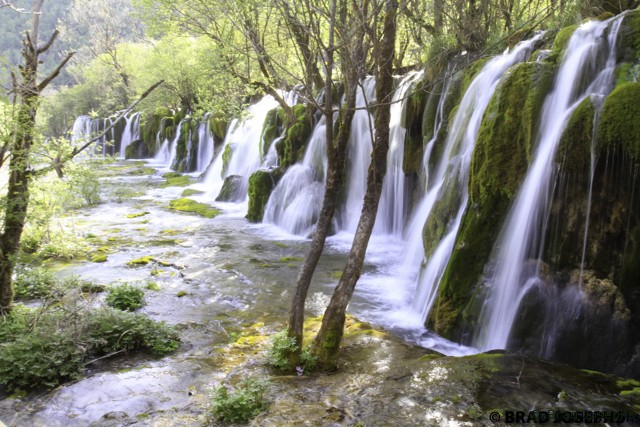
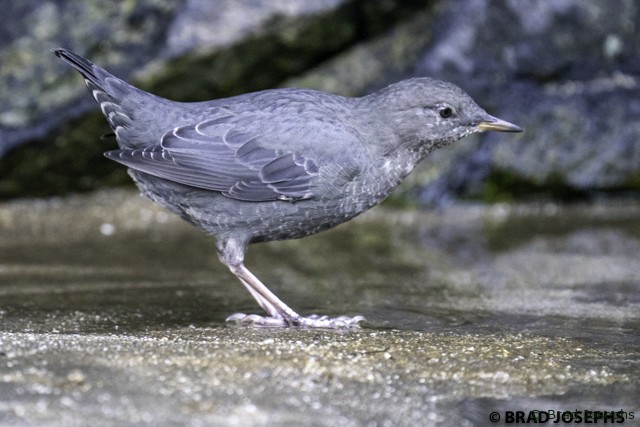
When searching for charismatic species such as brown bears, or exploring the scenic National Parks of China, there are so many hidden treasures such as these amazing aquatic songbirds. It always pleases me to see dippers because they are excellent indicators of clean, intact watersheds. Throughout their habitat dippers are vulnerable to water pollution, excessive erosion causing high water turbidity, and loss of habitat due to the damming of watersheds. Pay special attention next time you are in dipper habitat and watch for these unique and entertaining aquatic songbirds!
Keep exploring!
Brad

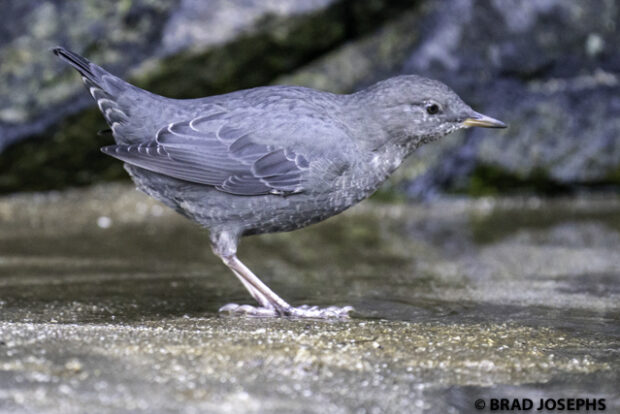


No Comments